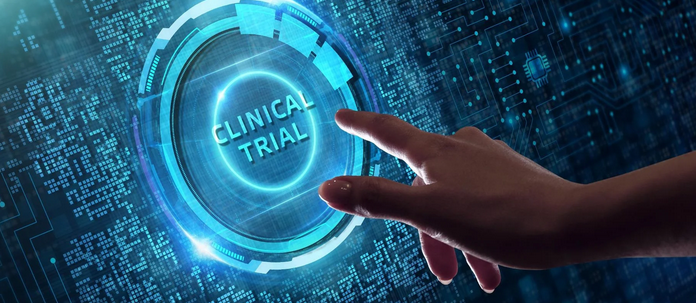Pharmacovigilance is the central portion of the medical care method. It is a scientific discipline that focuses on detecting, assessing, knowing, and protecting against the adverse reactions or another feasible problems connected with health care prescription drugs, vaccines or healthcare devices. The range of pharmacovigilance has widened through the years to include different stakeholders such as regulatory government bodies, healthcare professionals, educational clinical research associate jobs establishments, and sufferers. Let’s go on a serious dive into the nuances of this self-control to comprehend its position and extent.
1. What is Pharmacovigilance?
In line with the Planet Wellness Organization (WHO), pharmacovigilance is described as the scientific research and actions linked to the discovery, analysis, understanding, and protection against side effects or another achievable troubles linked to healthcare prescription drugs, vaccines or health-related devices. The aim of pharmacovigilance is so that the security, efficiency, and quality of merchandise in their lifecycle.
2. Range of Pharmacovigilance
The range of pharmacovigilance is huge and involves an array of routines such as collecting and finalizing data on adverse reactions, discovering signs of probable safety problems, examining the risks and benefits associated with health-related goods, and suggesting any required measures to minimise danger to open public health. The best target of pharmacovigilance is usually to safeguard everyone from the probable hazards of health care merchandise and make certain individual protection.
3. Incredible importance of Pharmacovigilance
Pharmacovigilance performs a crucial part in guaranteeing the security and efficiency of health care merchandise. It will help to distinguish and reduce dangers connected with the aid of drugs, vaccines or healthcare units. The information collected through pharmacovigilance routines also leads to towards increasing the good quality and efficiency of the merchandise as regulatory government bodies can use this information to make knowledgeable decisions on item approvals, labelling modifications, and producing specifications.
4. Pharmacovigilance in Health care
Pharmacovigilance has long been an important part of health-related. Medical professionals depend upon pharmacovigilance data to be sure the security and efficiency of health care merchandise, generating well informed judgements on medication use, and instructing individuals about medication safety. Regulatory government bodies also benefit greatly from pharmacovigilance data as it allows them to make facts-based selections on the approvals, consumption and checking of healthcare goods.
5. Function of People in Pharmacovigilance
Sufferers play a vital function in pharmacovigilance. These are the types who use health-related items, in addition to their experience with one of these merchandise provides valuable information that can help recognize basic safety problems. Patients can statement any side effects or worries in regards to a product or service to their health-related providers, straight to regulatory respective authorities or using available confirming systems. Pharmacovigilance features patients’ encounters for protection tracking.
To Put It Briefly:
In summary, pharmacovigilance can be a key component of your health-related program. It can help to guarantee the protection and effectiveness of medical products, establish possible security concerns early, and acquire needed actions to safeguard public overall health. The scope of pharmacovigilance has broadened over the years to cover not merely drugs but in addition vaccines and healthcare gadgets. Everyone- healthcare professionals, regulatory authorities, academic organizations and sufferers engage in an important role in ensuring the protection of health care merchandise. As accountable members of community, we all need to support pharmacovigilance activities by confirming adverse reactions or worries about health-related items to the relevant respective authorities.
